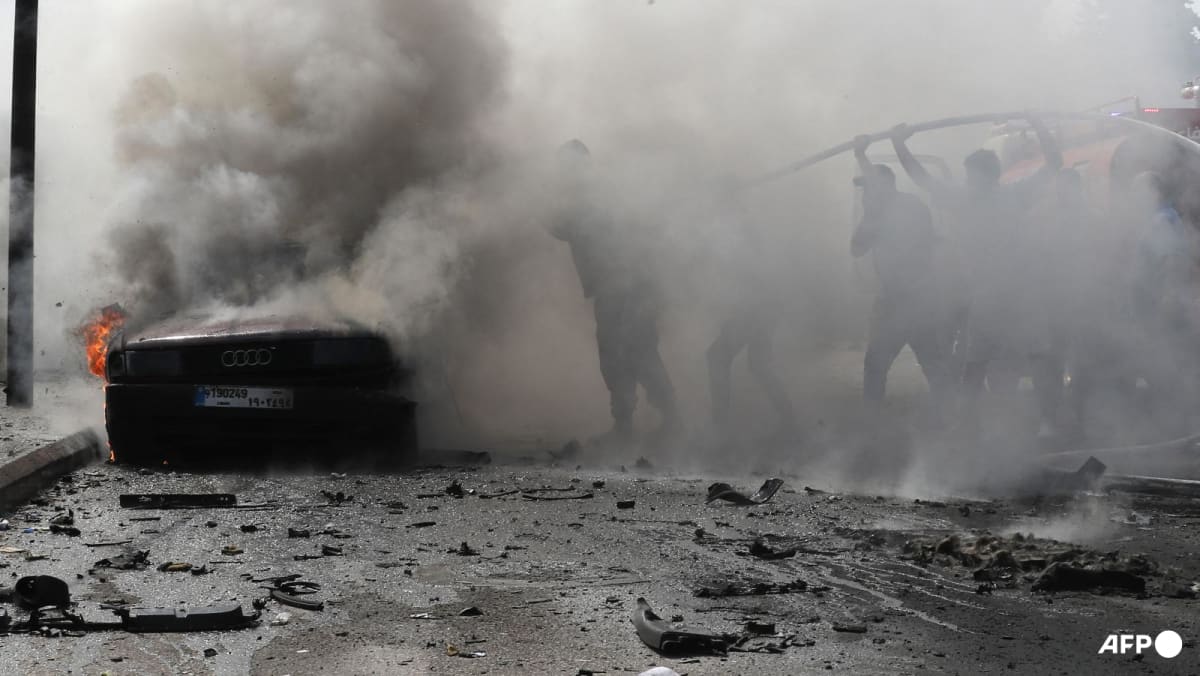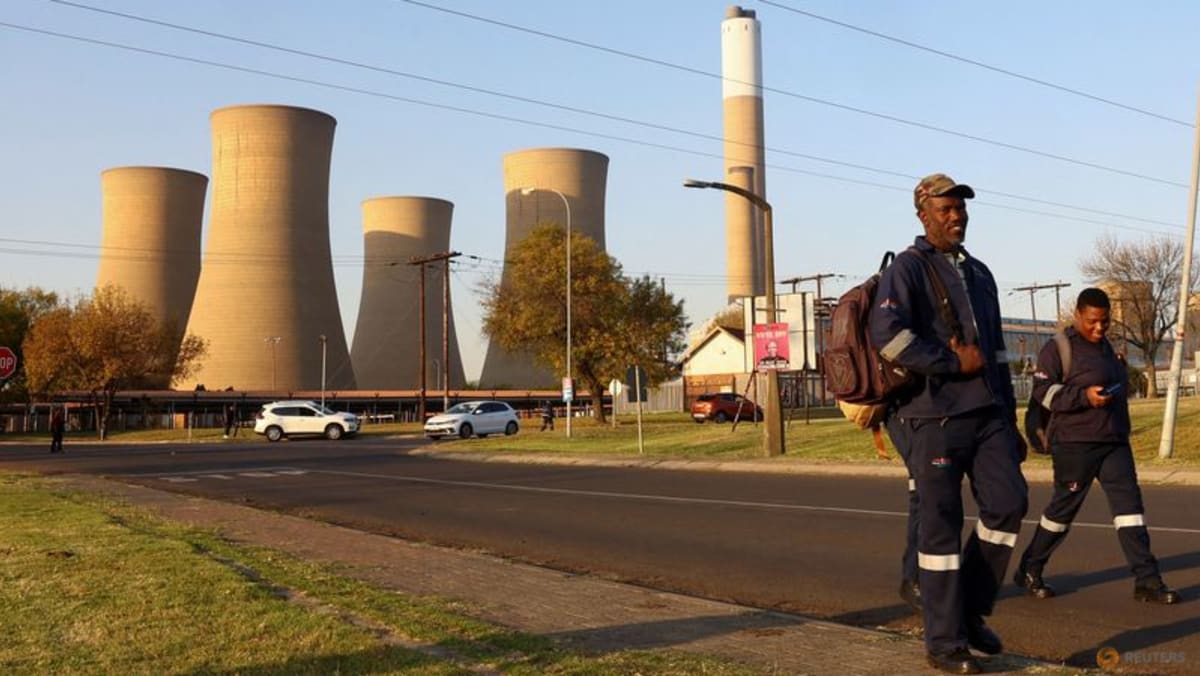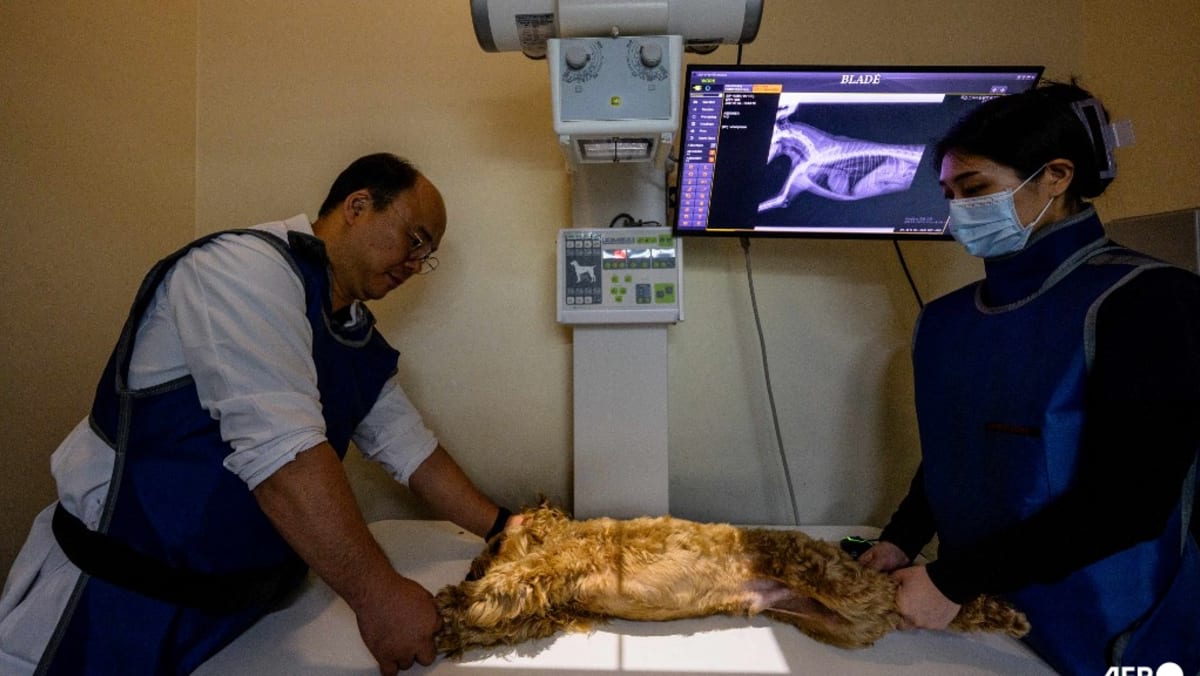PRETORIA: South Africa’s President Cyril Ramaphosa warned other developing nations on Monday (Jul 15) that future carbon taxes proposed by rich countries would damage their economies unless they act swiftly to ditch fossil fuels in favour of green energy.
Addressing a National Treasury and World Bank climate change conference in the capital Pretoria, Ramaphosa said the carbon intensity of South Africa’s economy, which relies heavily on burning coal to produce electricity, was unsustainable.
“For decades our reliance on coal … allowed us to produce electricity cheaply. But the world has changed and this dependency has come to pose significant risks,” he said, chiefly carbon taxes proposed by trading blocs like the European Union.
“Instruments like the European Union’s Carbon Border Adjustment Mechanism … (have) the potential to cause great damage to developing economies,” he said.
Data from think tank Ember shows South Africa was the most carbon-intensive major economy in 2022, producing 709g of carbon dioxide per kilowatt hour of energy generated.
That has put it in the world’s top 15 greenhouse gas emitters – above Türkiye, Italy, France or Britain, according to watchdog Climate Transparency.
Ramaphosa highlighted the impact of storms last week around the city of Cape Town, which shut down the port and caused “caused devastation to homes, communities, businesses and infrastructure”, as an example of negative climate impacts.
“The countries of the Global South … feel the effects of climate change most, despite being least responsible historically for global emissions,” he said.
South Africa’s new energy minister vowed last week to accelerate the transition to renewable energy, in a shift in rhetoric from his predecessor, a defender of the coal business. Yet few details have emerged of how this will occur.
Western donors are offering billions of dollars in loans to fund the transition, but South African officials say they barely scratch the surface of the finance needed.
The country has some of the world’s best available sun and wind energy, yet years-long bureaucratic delays to granting licenses and policy uncertainty has turned off investors, and last year the government delayed decommissioning eight coal-fired power stations well into 2030, citing energy security.














